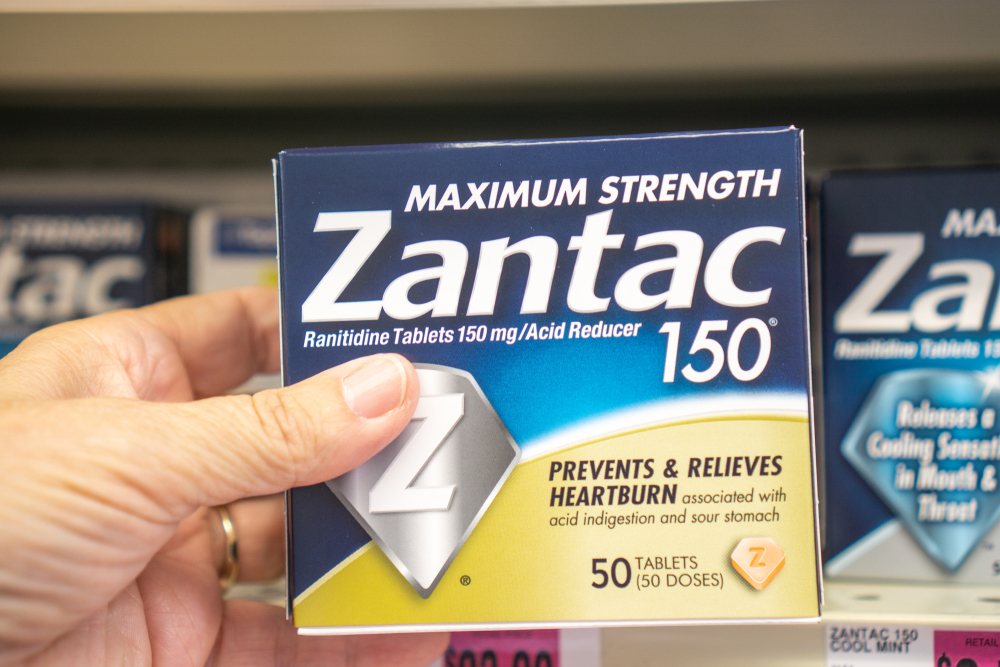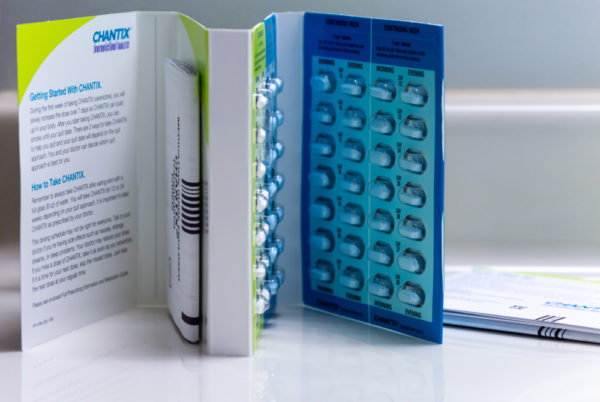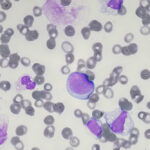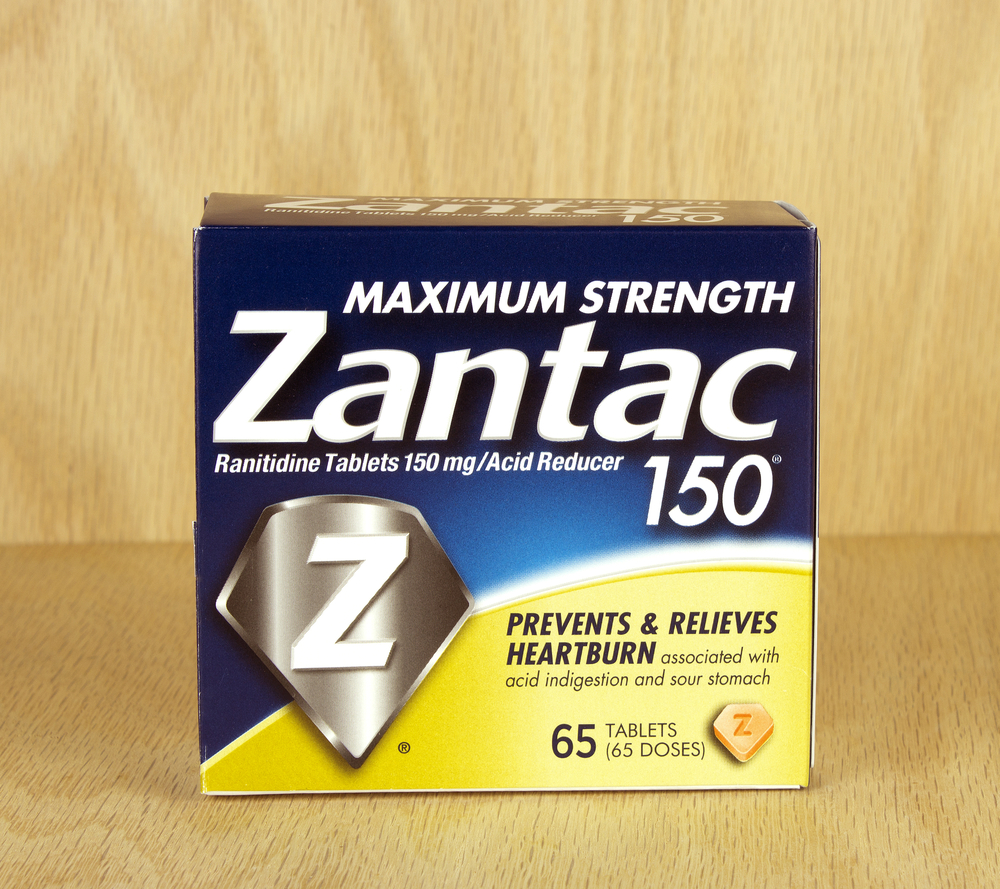Zantac Lawsuits
Ranitidine, more commonly known as the brand name Zantac, is a popular over-the-counter (OTC) and prescription medication first released in the 1980s to treat and prevent heartburn related to acid indigestion. This burning in the chest or “sour stomach” feeling can occur after eating spicy foods, eating too much food, drinking too much alcohol and other scenarios.
Ranitidine (Zantac) is in a drug class known as H2 blockers and works by reducing stomach acid. In addition to alleviating heartburn, it can treat more serious gastrointestinal symptoms such as ulcers, overproduction of stomach acid and gastroesophageal reflux disease (GERD).

Zantac has been a trusted household name for decades, but in April 2020, the U.S. Food and Drug Administration (FDA) requested manufacturers to remove it from the market permanently, and when users found out why, they began pursuing legal action.
Table of Contents
Why Was Zantac Removed from Shelves?
In 2019, lab tests on ranitidine by Valisure, a company dedicated to identifying and addressing medication quality issues, found higher than acceptable levels of N-Nitrosodimethylamine (NDMA). NDMA is considered a “probable” cancer-causing agent in humans by the Environmental Protection Agency (EPA).
The FDA requested the removal of OTC and prescription ranitidine after further testing revealed that storing the drug for long periods of time or in hot environments can increase the amount of NDMA past the point considered safe for daily human exposure. A medicine cabinet where you might keep a bottle of as-needed Zantac perfectly recreates those conditions. The FDA advised current users to stop taking it immediately and switch to one of many available heartburn alternatives on the market.
Earlier this year, Zantac launched a new version of its product, Zantac 360, which replaces ranitidine with famotidine, an FDA-approved H2 blocker.
What is N-Nitrosodimethylamine (NDMA)?
NDMA is a natural chemical that can be found in small amounts in our air, water and food items such as malt beverages like beer and whiskey, dairy, vegetables and cured meat like bacon. Originally it was produced for use in rocket fuel, lubricants and even antioxidants, but it is now only made in the U.S. for scientific research.
In water, it’s a byproduct of waste and drinking water treatment. Any industries that discharge waste into the water, such as rubber, leather, pesticides and food processing, may contribute to NDMA’s presence in the water. Drinking water is treated with UV radiation, and the EPA’s calculations show a person’s chances of getting cancer from tap water as one in one million.
 Human exposure to NDMA comes primarily from tobacco, toiletries and beauty products like shampoos and conditioners. It has also been found in at least five other medications besides Zantac since 2018. These include widely-used drugs like Chantix, an anti-smoking aid, and metformin, which is used worldwide by people with diabetes to control their blood sugar. Humans can break down small amounts of NDMA, but too much exposure can become dangerous.
Human exposure to NDMA comes primarily from tobacco, toiletries and beauty products like shampoos and conditioners. It has also been found in at least five other medications besides Zantac since 2018. These include widely-used drugs like Chantix, an anti-smoking aid, and metformin, which is used worldwide by people with diabetes to control their blood sugar. Humans can break down small amounts of NDMA, but too much exposure can become dangerous.
Why is NDMA So Dangerous?
Unacceptable levels of nitrosamines in medications have been linked to several types of cancers, including lung, brain, kidney, bladder, stomach, liver, stomach and esophageal. Research has helped the FDA learn more about how nitrosamines develop within prescription drugs, and they say that we can be safely exposed to up to 96 nanograms of them every day. That amount is too small to wrap your head around.
NDMA’s classification as a group 2A carcinogen means there is no direct evidence that it causes cancer in humans. However, since it has done so in animals, it’s reasonable to believe it probably does so in humans.
Lab animals were exposed to trace levels of NDMA in their food, water or air for several weeks, and many of them developed liver damage as well as liver and lung cancer shortly after. Pregnant mice gave birth to dead or dying offspring, although whether this could happen to humans is unknown.
While more research is needed to prove a definitive link between NDMA and cancer, several studies over the last 20 years have indicated there is a connection. One 2011 study by the American Journal of Clinical Nutrition found that nearly 3,500 participants out of 23,363 developed gastrointestinal cancer over the next 11 years after being given food with NDMA.
Status of Zantac Lawsuits
 More and more class action lawsuits are being filed against the various manufacturers of Zantac, including Pfizer, GlaxoSmithKline, Sanofi and Boehringer Ingelheim. Plaintiffs have developed various types of cancer and allege that the drugmakers and distributors knew of the risk posed by NDMA in Zantac and did nothing to warn consumers.
More and more class action lawsuits are being filed against the various manufacturers of Zantac, including Pfizer, GlaxoSmithKline, Sanofi and Boehringer Ingelheim. Plaintiffs have developed various types of cancer and allege that the drugmakers and distributors knew of the risk posed by NDMA in Zantac and did nothing to warn consumers.
The lead counsel for the defendants asked for a dismissal of the claims in October. Still, U.S. District Judge Robin Rosenburg in Florida, where the class actions were established, ruled in favor of the plaintiffs and allowed them to proceed. So far, there are more than 110,000 filed and unfiled registered claims.
Judge Rosenburg currently faces more than 800 pending cases part of larger multidistrict litigation (MDL). After a certain number of class action suits against the same product or for the same reason is reached, very often, those cases will be consolidated together by a ruling panel for the duration of pretrial proceedings. This move is aimed at speeding up the process and saving the courts’ time and money.
While drugmakers argued that ranitidine users wouldn’t be able to prove they had been exposed to dangerous levels of NDMA, Judge Rosenberg said they didn’t have to. The studies that the FDA used to determine the removal of the product from shelves were enough to claim “significantly increased risk.”
A selection process by Judge Rosenberg will randomly select 450 individual plaintiffs from the MDL for initial discovery, which will conclude in May 2023 before the court chooses two or more cases for trial scheduled for that July.














